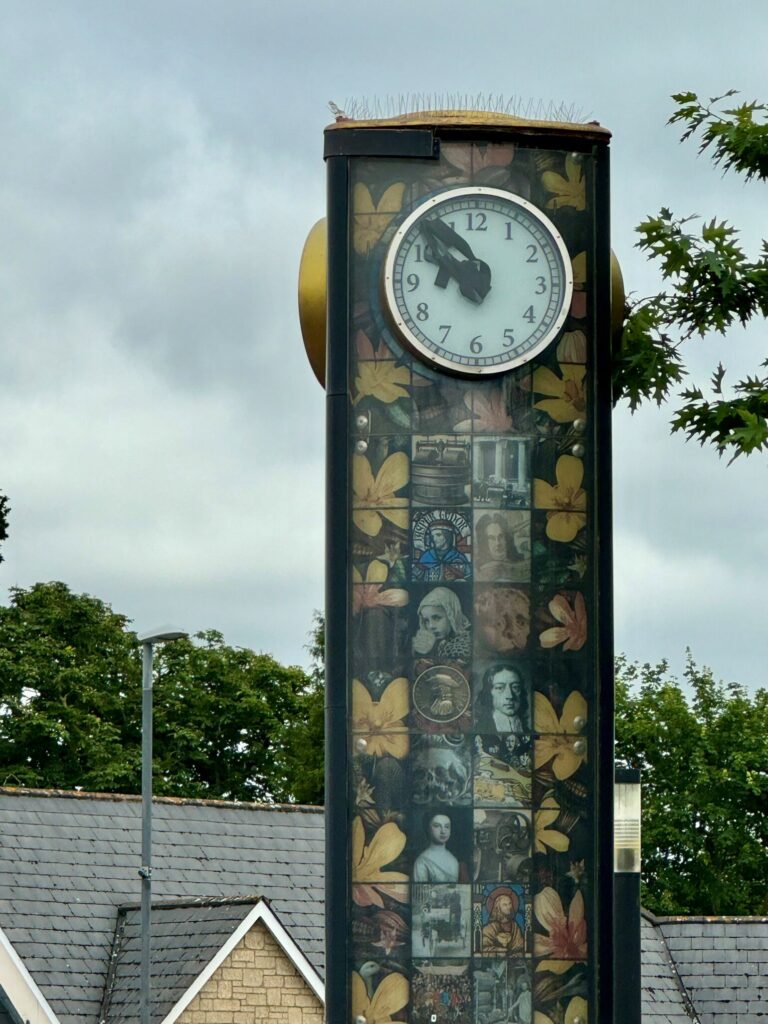I had this thought today while mulling over Paul’s travels and passion throughout the ‘civilised’ world that Rome ruled over as to whether he would recognise what we get up to in the name of Jesus / name of the Gospel he proclaimed as having any great similarity to what he was focused on. There is the very current ‘Seven Mountains of Influence’ that is giving a shape to the ‘post-revival’ or the ‘what we do now that the Spirit has renewed us all’. I am careful on what I comment outside of the spheres (mainly limited by geography) that I am to take some responsibility for, but I was sent this link a couple of days back on How neoliberal plunder led to the right’s most ambitious power-grab yet, which might give some insight into the direction that will take us. [Personal note: fear of Sharia law while sowing the seeds for it!]
https://www.alternet.org/smartnews/project-2025-theologian/
There are those who are followers of Jesus who see great value in the traditions that have arisen, and want to align with the older traditions, and as ancient as is possible – would Paul recognise that? There are those who of course look to shape themselves according to a biblical pattern – would that be recognisable even if the biblical pattern was shaped by what Paul wrote? Shapes, ways of doing things, following convictions, reading Scripture – and yet?
Gayle recently had a major dream, full of not only details but huge interaction in the dream. It will need a lot of reflection, but at the heart of it was a coming together of believers with genuine non-believers (we can call them ‘humanists’ for want of a better term) and the eventual outcome was that of undoing economic oppression for the next generation (I have recently been reading how the prophets equated economic oppression as blood shed). Among the believers there were different varieties, but the group who could not go with what unfolded was those who saw themselves as ‘definitively right’ with inflexible perspectives. They left the ensemble. Challenging as one of the ways forward was a connection to those who ‘saw the good in humanity’. They were vital to the outcome – I am reminded so often of the Asiarchs who were not believers but were friends of Paul (Acts 19). Faith is vital, for it is through those who have been touched by the ‘eschatological Spirit’ who have tasted of the powers of the age to come who carry a responsibility to pray and do what they need to do to see ‘on earth as in heaven’… and it is faith that does not compromise but also does not exclude, that works in partnership with those who (like us but in a different way) do not have the full picture.
I think Paul might not see much as recognisable – let’s not kid ourselves! And I suspect he might not be looking for a form that he might recognise, probably a direction, an intent might be more what he might be looking for. If so, would we hear a genuine ‘I recognise that’.


